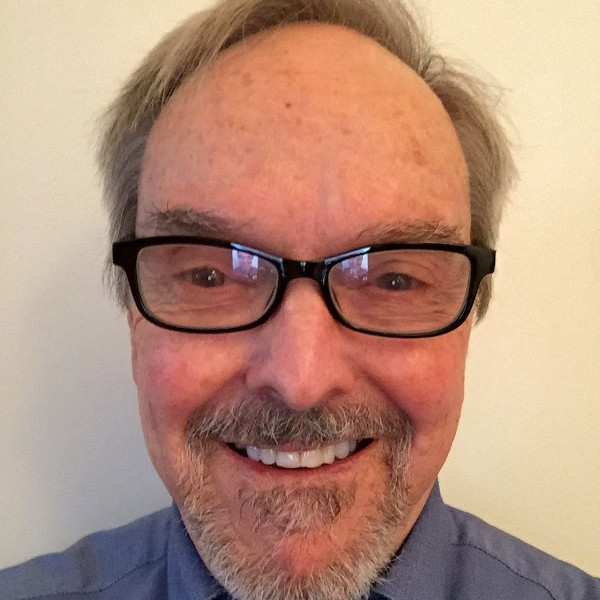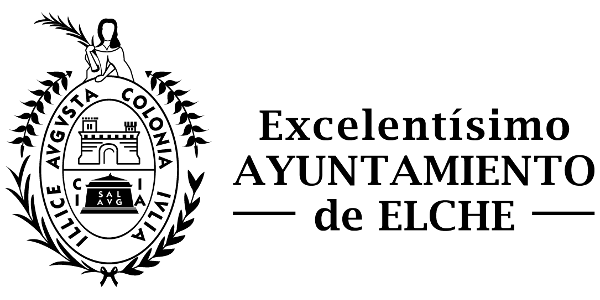Speaker

JOHN R. WEISZ
HARVARD UNIVERSITY. UNITED STATES
John Weisz, PhD, is a professor at Harvard University in the Department of Psychology. He is known for his extensive research on strategies for improving youth mental health care. Dr. Weisz’s current focus involves the development and testing of trans-diagnostic approaches to youth psychotherapy, which utilize modular design and treatment guided by a small number of broad principles of psychological change.
Originally from Mississippi, Dr. Weisz earned his BA from Mississippi College. Together with his wife, Jenny, he served as a teacher in the U.S. Peace Corps in Kenya. He later pursued his PhD in clinical and developmental psychology at Yale University. He has held faculty positions at Cornell, the University of North Carolina at Chapel Hill, and at UCLA, where in partnership with several local mental health clinics, he focused on studying youth mental health care in community settings. Those partnerships produced 14 years of research on psychotherapy process and outcome, as well as multiple randomized trials of cognitive behavioral therapy for youth depression and anxiety. In 2004, Dr. Weisz expanded his partnerships to Massachusetts, where he served as President and CEO of the Judge Baker Children’s Center, an affiliate of Harvard Medical School, for eight years. He currently works full-time as a professor in the Harvard Psychology Department.
Dr. Weisz is particularly interested in integrating evidence-based practices with personalized treatment strategies tailored to individual youth and family characteristics. His research includes meta-analyses aimed at characterizing and improving the science of youth mental health care. He also focuses on the development and testing of interventions for various disorders and challenges, as well as brief digital interventions and interventions delivered by lay-providers to adolescents in Africa.
Among his notable publications are “Psychotherapy for Children and Adolescents: Evidence-based Treatments and Case Examples” (Cambridge University Press) and “Evidence-based Psychotherapies for Children and Adolescents” (co-edited with Alan Kazdin; Guilford Press). Dr. Weisz’s contributions to the field have been recognized with prestigious awards, including the Klaus-Grawe Award for the Advancement of Innovative Research in Clinical Psychology and Psychotherapy, from the Klaus-Grawe Foundation; the Sarah Gund Prize for Research and Mentorship in Child Mental Health, from the Scientific Research Council; and the James McKeen Cattell Lifetime Achievement Award from the Association for Psychological Science—described by APS as its highest honor—for work that “has had a profound impact on the field of psychological science over the past quarter century.”
Psychotherapy with Children and Adolescents: What We have Learned from 60 Years of Research

Over the past six decades, clinical scientists have conducted more than 800 randomized controlled trials of psychotherapies for children and adolescents. We have learned a lot from these studies about what predicts successful therapy with young people. Findings indicate that evidence-based psychotherapies are more effective than usual clinical care; that youth psychotherapy is most successful with anxiety disorders and least successful with depression; and that youth psychotherapy does not need to be lengthy or complicated to be effective—brief, simple therapies can be quite helpful. Research has also shown that therapy does not have to be done in-person, by a professional therapist, or even by a human being to be beneficial— even digital interventions delivered remotely can be effective. Studies have also shown that outcomes of therapy with young people can differ depending on the society in which the young people live: treatment outcomes are worse for girls or black youths in sexist or racist environments.
There are also some surprises: Youth psychotherapies developed in high income countries are actually much more effective when they are delivered in low and middle income countries; and, inexplicably, although psychotherapy is generally effective with young people, the magnitude of benefit from therapy has not grown any larger across six decades of research. These surprising findings raise important questions for discussion and future study.










